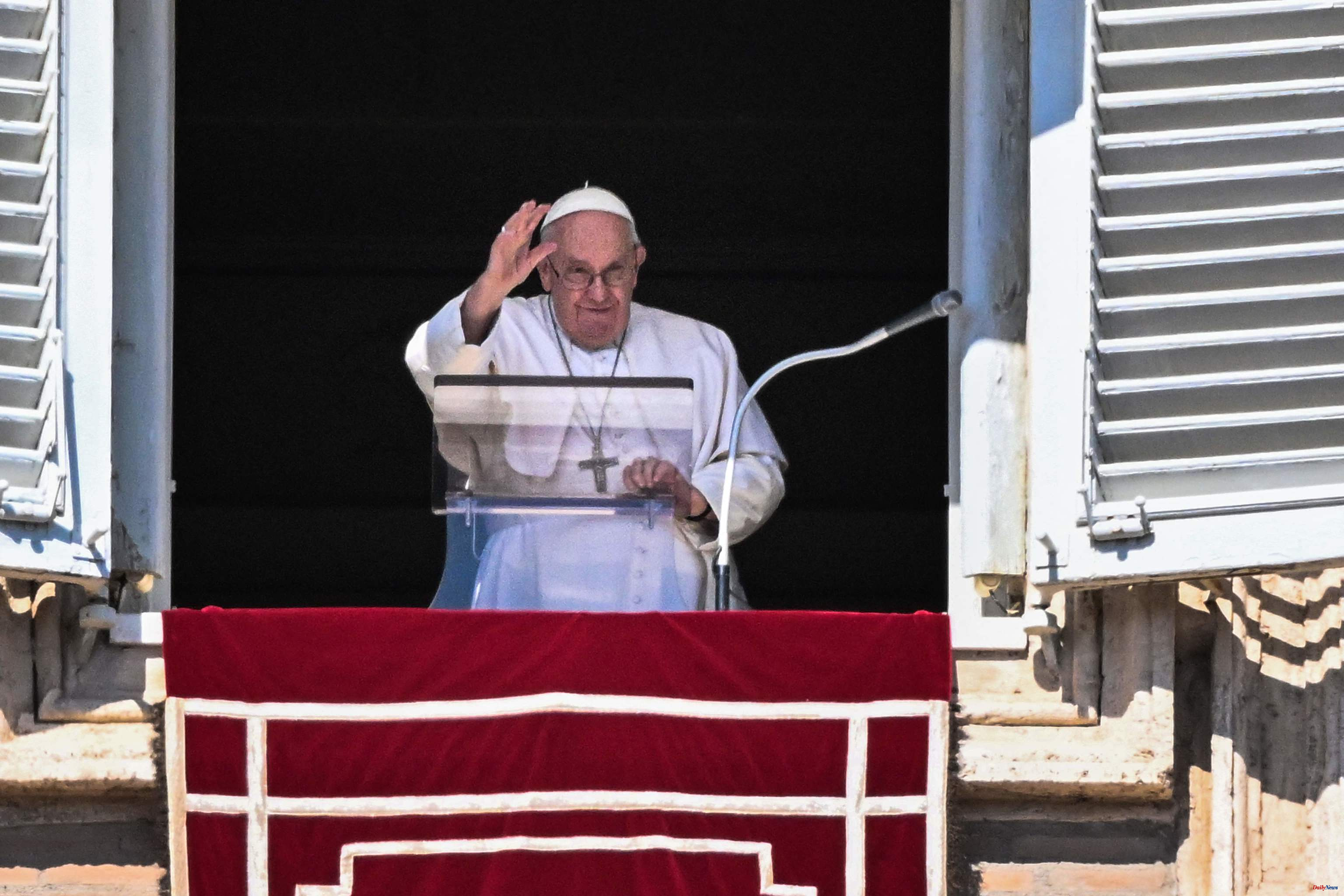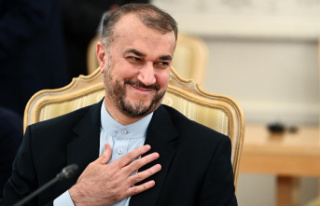Daniel Ortega has decided to suspend diplomatic relations with the Vatican, in retaliation for the harsh criticism made against him by Pope Francis. The order of the Sandinista leader was communicated this Sunday by the Nicaraguan diplomat to the Holy See, according to Confidencial, an electronic medium directed by Carlos F. Chamorro, one of the exiled journalists whose nationality has been taken away by the dictatorship.
"Given the information that has been disclosed by sources apparently linked to the Catholic Church, the Government of Reconciliation and National Unity of our Nicaragua, Blessed and Always Free, specifies that a suspension of relations has been proposed between the Vatican State and the Republic of Nicaragua. diplomatic," the Ministry of Foreign Affairs said in a statement.
The Sandinista government stressed that it was the "media linked to coup terrorism who spread distorted news (it spoke of a rupture) that in these times is known as false news. One more in your account."
Pope Francis, in an interview with Infobae, described the Sandinista regime as a "Hitlerian dictatorship" and assured that Ortega suffered an "imbalance." "It is something outside of what we are experiencing, it is as if it were going to bring about the communist dictatorship of 1917 or the Hitlerite one of 1935. They are a type of rude dictatorships," said the Pope, who added, about Álvarez, that "there we have a prisoner bishop, a very serious man, very capable. He wanted to give his testimony and did not accept exile".
In this way, more than a century of diplomatic relations in maximum tension are put to an end given the attacks against the clergy and Catholic priests carried out by both Ortega and his wife and "co-president", Rosario Murillo, since the popular uprising in April 2018.
Even Holy Week processions of the Via Crucis are banned in Nicaragua, while the rebel bishop, Monsignor Rolando Álvarez, remains in a punishment cell for refusing to board the plane that transported 222 political prisoners to the United States.
Since the Pope's interview, the Sandinista media have launched a campaign against Francis. "The blessed will defeat Satan", headlined El 19, while another of the channels assured that the Pontiff would have given protection "to the executors of the dictatorship" in Argentina.
"Ortega does not tolerate being told his truths, as the Pope lapidarily did. In his stage of radicalization he jumps even further into the abyss, breaking relations with the Holy See. This does not intimidate the Church, quite the contrary: it strengthens it even more," highlighted the university leader Lesther Alemán, one of the political prisoners released last month.
Precisely Alemán and other student leaders, such as Max Jerez and Mildred Rayo, have participated today in the Mass led by Monsignor Silvio José Báez, Archbishop of Managua, exiled in the US after the agreement reached in the past by Ortega and the Pope.
According to the criteria of The Trust Project












